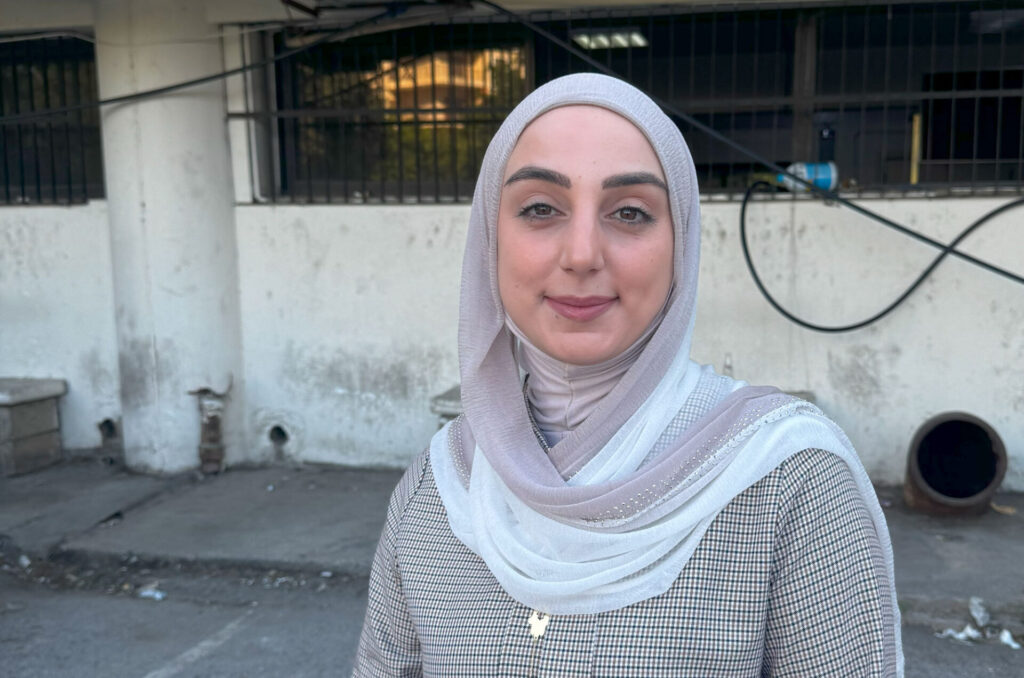Jul, 2021
Vocational education bolsters the strained healthcare system
Palestinian refugees face many challenges in Lebanon and are excluded from socioeconomic opportunities. Many have turned to alternative educational opportunities which provide them with access to practical skills and solid career paths.
Anera’s vocational training programs cover a range of fields, including nursing, hairdressing accounting, plumbing, urban agriculture and catering. The diversity of these courses has made entry into the workforce a viable undertaking, accessible to refugees and other vulnerable communities.
One of our longest-standing vocational education programs in Lebanon trains new nurses.
"We have been implementing the nursing scholarship program in Lebanon for nine years, but this year it proved to be even more critical," Dima Zayat, Anera’s deputy country director in Lebanon, says. "Our aim is to contribute to bridging the gap created by the increasing migration of nurses from Lebanon to more economically and politically stable countries."
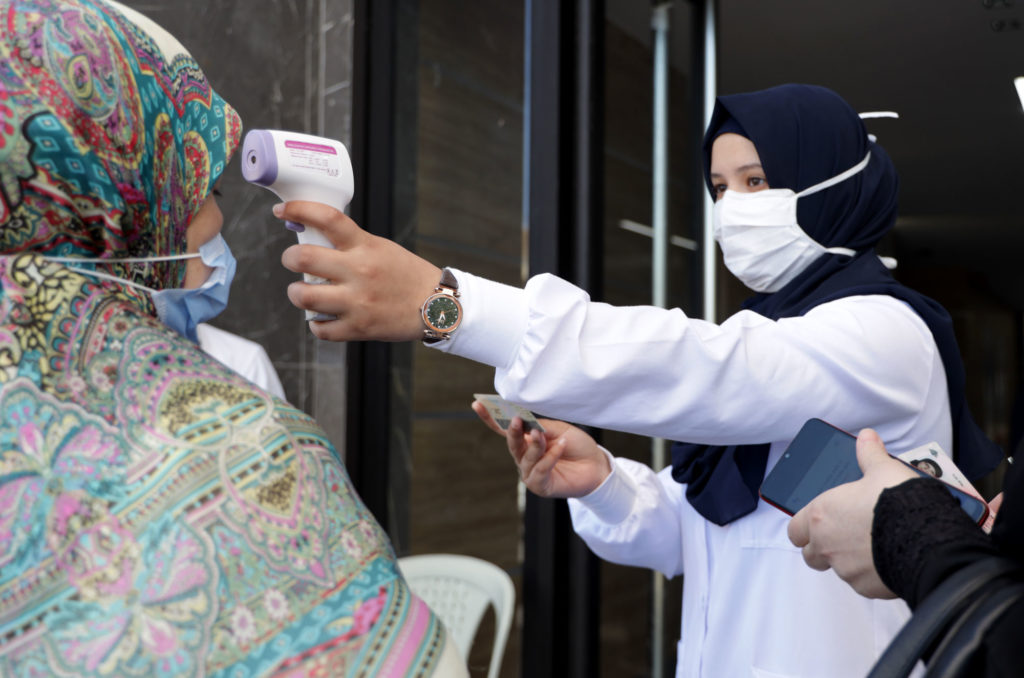



"Our aim is to contribute to bridging the gap created by the increasing migration of nurses from Lebanon to more economically and politically stable countries."
Anera has collaborated with a number of local accredited technical institutes that provide a formal, three-year nursing education. These kinds or programs and services have become the cornerstone of education for many, and has had monumental effects on Palestinian youth and their job prospects.
Aya is a nursing student trainee living in Rashidieh Palestinian Refugee Camp. The 27-year-old says, “My goal is to help people. Once I started my internship, I realized the importance of what I was studying and practicing as a nurse.
Aya had studied marketing, but she says she was never able to secure a job. "One day, I stumbled upon Anera’s pamphlets in the camp, and after a phased application process, was granted a scholarship for the nursing vocational training program. This helped me clear some hurdles to moving into this new career, which will pay off into my future.”


"My goal is to help people."
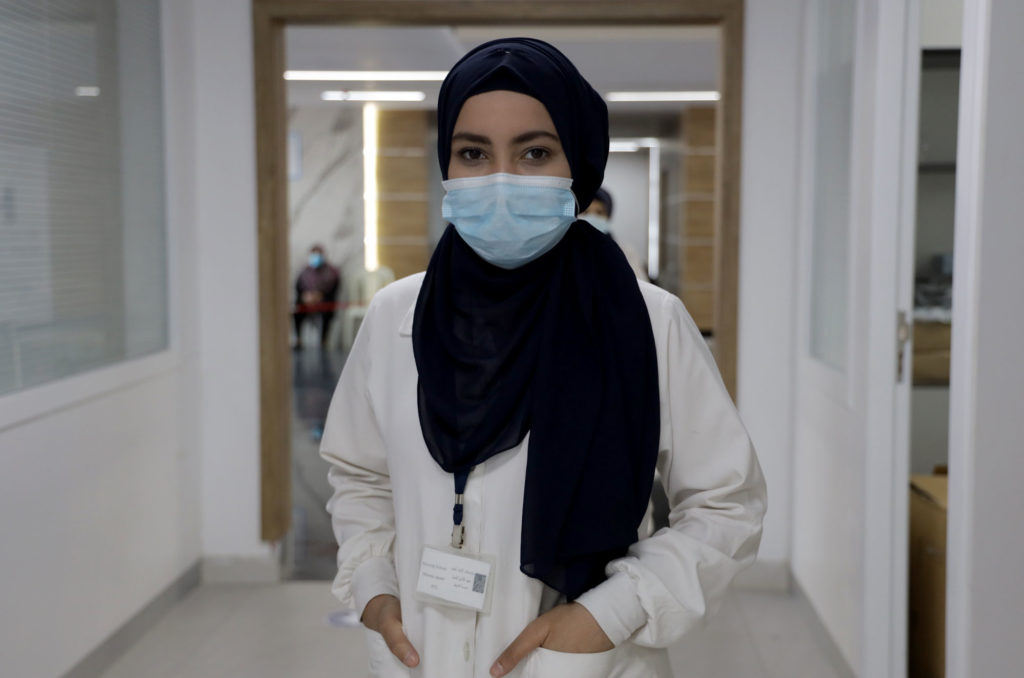

One of Anera’s organizational partners is the Imam Sadr Foundation. It runs one of the oldest nursing departments in the country. They also offer a number of programs including curricula for the official technical baccalaureate, as well as the higher technical diploma. Many of their students are from orphanages or financially challenged families and come from regions that are economically neglected, like the Bekaa.
Maryam Hassan, the deputy director at the Horizons Institute for Development at Imam Sadr Foundation, says, that the standard practical training at the Hiram and Jabal Amel hospitals was disrupted by the pandemic. "Since the Ministry of Health set up vaccination centers at these hospitals," Hassan says, "our students have volunteered to train there and join in the battle against the coronavirus.”
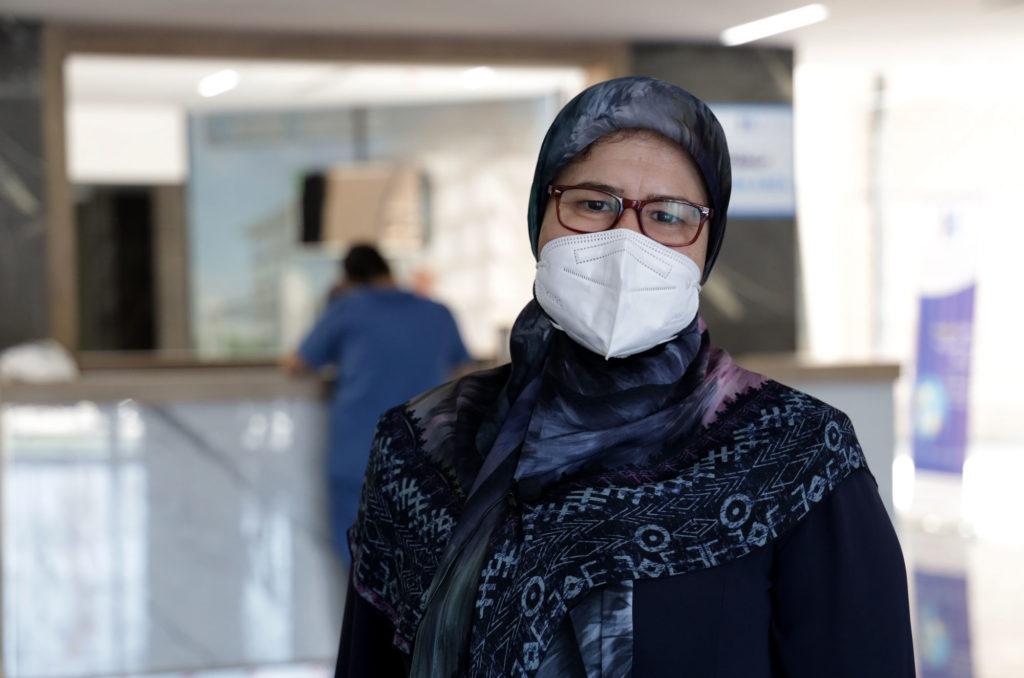

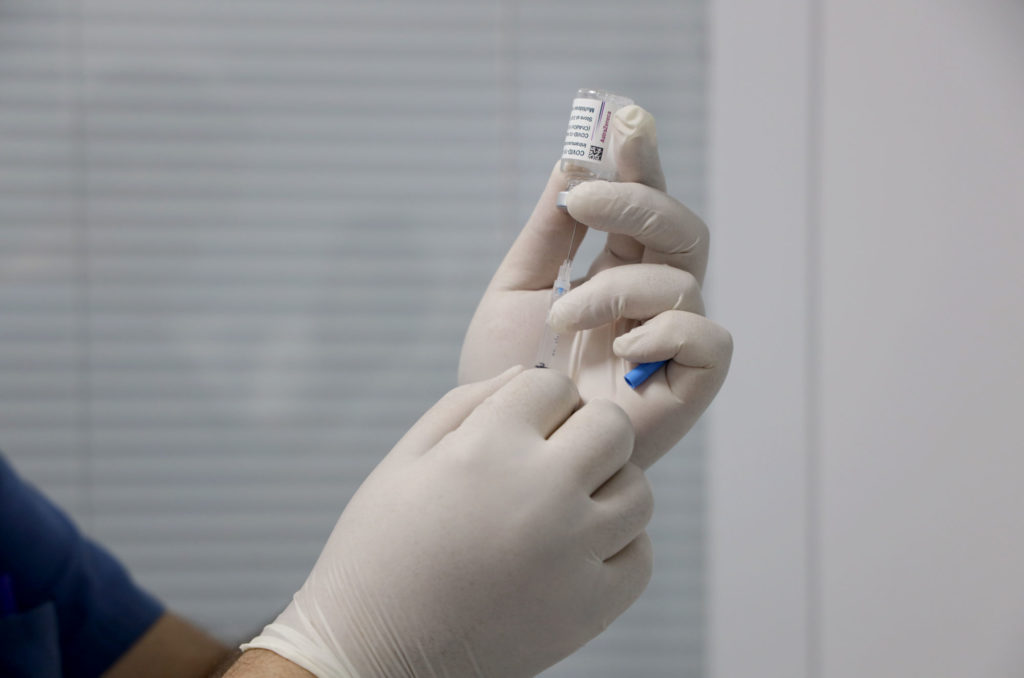



All graduate nurses have been able to secure jobs as nurses or medical staff at humanitarian organizations.
“The nursing workforce is critical to providing quality patient care and positive health outcomes in any country," Zayat observes. "Our graduates are trained to become independent and certified professionals, helping them assimilate into the local society and the job market. And, they make good wages.”
Marwa is a 20-year-old nursing student and trainee in Rashidieh Camp. She says, “We participate in regular visits and rounds at hospitals, and have recently been helping out at the COVID ward. This hands-on experience is vital for the training.”
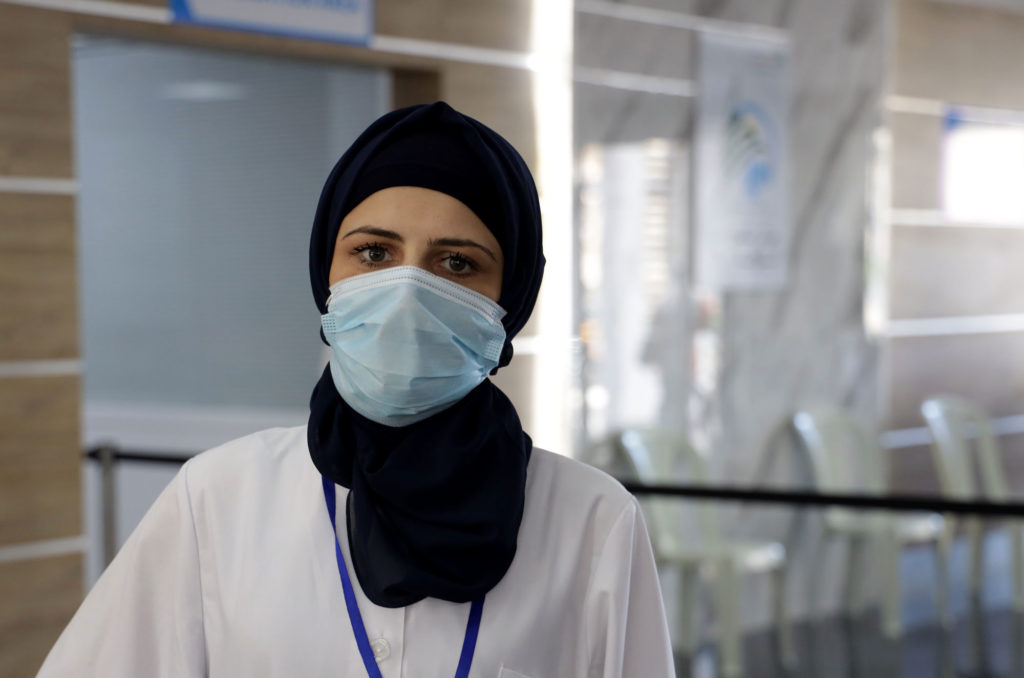



"[We've] recently been helping out at the COVID ward. This hands-on experience is vital for the training.”
Hassan says that Marwa "received great feedback from her hospital training for being intelligent, diligent and hardworking. Marwa is the first to successfully land a job as a nurse while still enrolled in her studies.”
Working with these kinds of foundations and educational programs, Anera has helped many Palestinian women and men in Lebanon train to enter new career paths like nursing.


